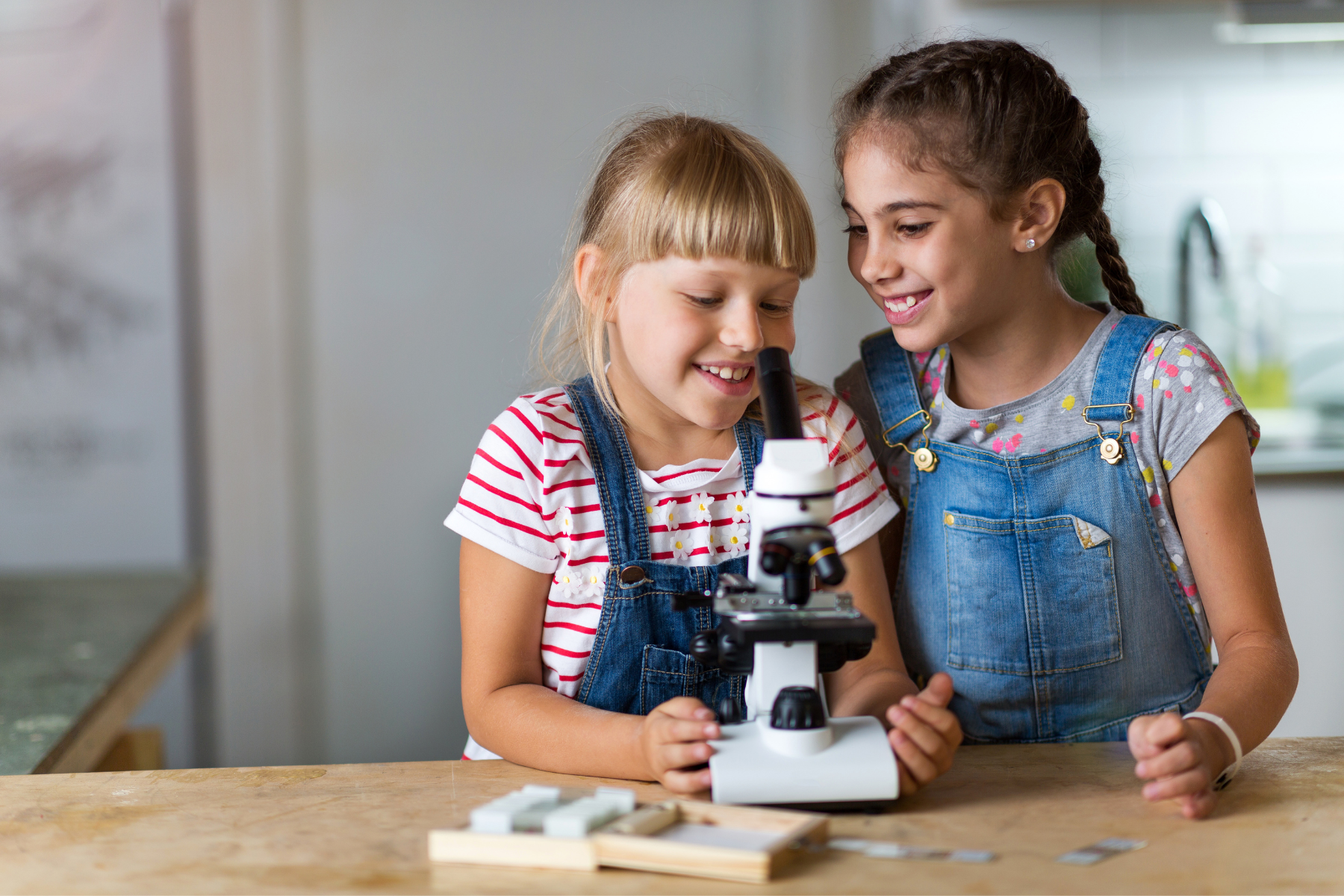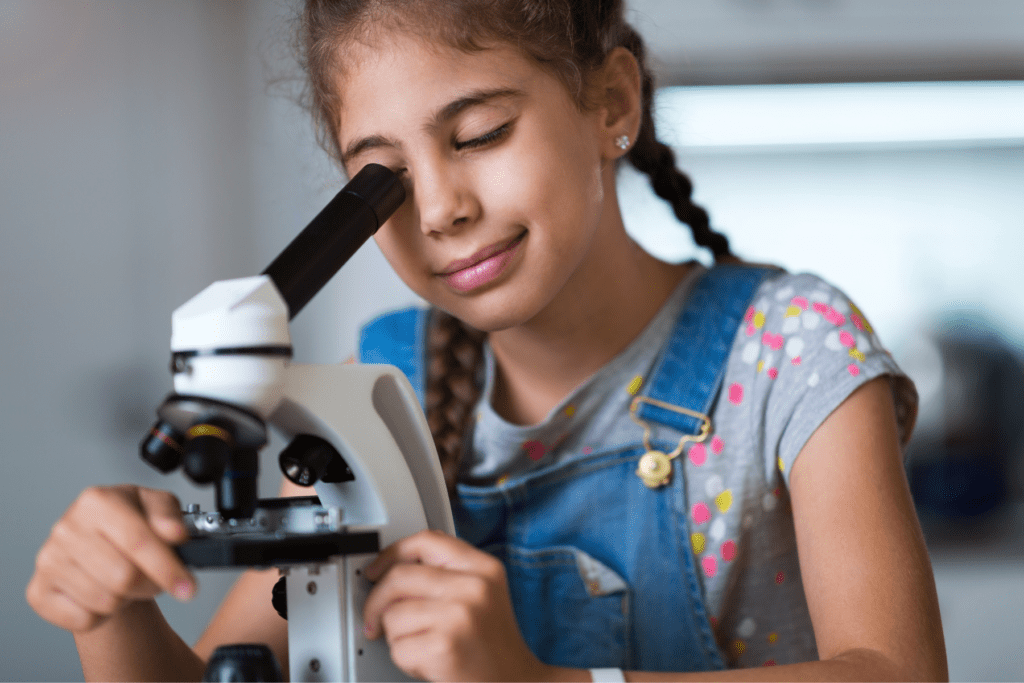The 11th of February marks the achievements of women and girls in science across the globe, acknowledging their exceptional work and constantly breaking barriers. To recognise the value of this day, we spoke to Isabele Torres, who is currently doing her master’s degree in Dairy Science, and an active member of the Brazilian Committee, to gain her perspective on the presence and influence of women in dairy science.
How did your career in dairy science begin?
My career in dairy science began in 2017 while I was still in nutrition school. I had the opportunity to work on a project about the benefits of milk and dairy products on human health (NUVLAC) and I could see how the dairy matrix is complex and beneficial at the same time. At the end of 2017, I visited the National Dairy Council in the United States and saw the importance of supporting dairy science for human health by using technological resources and innovation, as well as receiving investments and interconnecting the interests of all actors in the dairy chain. Since then, I haven’t stopped studying milk and its components. At the beginning of 2020, I began my Master’s in Dairy Science, where the project I am working on, is creating a benchmark document of the International Dairy Federation in Brazil.
Why dairy science?
I graduated in Nutrition because I am passionate about knowing what food can help people to lead healthier lives, considering the individuality of each person. In this context, dairy science caught my eyes because of its nutritional density and what it represents to billions of people in terms of nourishing, economy, nutrition, and sustainability. I also believe that there is a lot of misinformation when it comes to dairy. Therefore, as I study more, I can help to fill this gap and translate scientific knowledge into science proven, unbiased, relevant, practical, and useful information.
Did you encounter any barriers to your career in science?
Yes. I have encountered barriers in financial research funding. Furthermore, it is common for years spent in academia, to not be seen as professional experience. However, we study how the dairy chain works, its logistics and possible solutions to the main issues found in the processes. The idea that this is not considered experience, is a barrier, because it discourages those who are interested in applying their scientific knowledge in companies or factories for example. I believe that there is a gap between what we learn in academia, and what is implemented in practical situations. One solution to this could be private and public institutions/companies working together and financially supporting young dairy scientists, so that they could implement what they have learned as they make a difference in the sector. Even though we can find a few programs that allow partnerships between some institutions and companies, those are very limited and there is still a huge lack on that.
Are you aware of any specific support for women in science?
I am not aware of any specific support for women in science near me, but I strongly believe that men and women should be equally supported to develop projects and conduct research in science, as well as having equal career opportunities.
How has IDF supported you in your professional life?
IDF has helped me to increase my network of experts from all over the world. This greatly facilitates the gain of knowledge and exchange of experiences. In addition, active participation in national and international committees allows you to collaborate and participate in important decisions for the development of the sector. Participating in IDF also means being up to date on topics related to the field and having access to quality information based on the hard work of renowned experts and scientists committed to always delivering the best to their colleagues and consumers in the dairy chain.
How do you see the evolution of women in dairy science going ahead? Do you have any advice for female scientists starting out?
Over the last years, the active participation of women in science has increased significantly. This represents that in the corporate world, women have been seen as competent as men, which is exactly how it is supposed to be. Companies are becoming aware of gender inequalities and finding solutions to change this. My advice for female scientists starting out is to do their best, stand up for themselves, and never give up. Working in science can be challenging and overwhelming for everyone but knowing that we can help people as well as inspire others is tremendously fulfilling and gratifying, which makes everything worth it.
Find out more about IDF working priorities and the support it can offer here









